
The rave reviews across the British press--"Spiffingly watchable," "The best Christie adaptation yet made for television"-- got us excited about this show even before the UK's Boxing Day premiere. Thankfully, the latest incarnation of And Then There Were None will finally air here in the US next month—and American audiences will, at last, enjoy the pleasures of seeing Britain’s biggest stars viciously murdered one by one!
Screenwriter Sarah Phelps (Great Expectations, The Crimson Field) spoke to us about period dramas, recreating this dangerous world on the cusp of World War II, and the “dark moral curiosity” that, for her, is the reason Christie’s work still endures.
British Heritage Travel: Any trepidation about following in Agatha's footsteps?
Sarah Phelps: I didn't really know her work at all. I knew it from TV, and from Poirot and Miss Marple and Murder on the Nile with Peter Ustinov playing Poirot. The great films. But I never read one of her books, but I think it's a really good position to come from because I thought I knew what Agatha Christie, what she wrote about. I thought I knew her, and the book absolutely knocked me sideways. It absolutely stunned me, and it just made me really excited to be adapting it.
BHT: The cast sounds like a who's who of British TV: Miranda Richardson, Aiden Turner, Charles Dance…
SP: When I went and looked around the room…you go, "Oh my God! This is extraordinary! Look at this cast!” and it takes your breath away, really.
BHT: For lovers of period dramas, what special elements went into recreating the 1930s?
SP: When people think of “period drama,” we automatically think of something that, well, for want of a better word...period drama sometimes feels safe, and it feels like it's about costumes. And we've obviously paid a lot of attention to detail with that, but I really wanted to impart this was actually quite a dangerous—it was a really dangerous time for the world. Agatha Christie wrote very fast. And Then There Were None was published in 1939, so you imagine that this is 1939, the summer of 1939. In a few short weeks, war will be declared and the world will once again go hurtling into this terrible, terrible kind of bloodbath.
So with that in mind, we always had this feeling of a world that had just come out of one terrible complication, shocking loss, a real terrible loss of life. The world had changed beyond all recognition, and an appalling depression in Britain and in America, into the thirties, and here we were about to go again! It was a dangerous and unsettling and nervy time to be alive and we wanted the artistic recreation of the way it visually looked to absolutely bring that to life as well.
[caption id="attachment_13698644" align="aligncenter" width="702"]
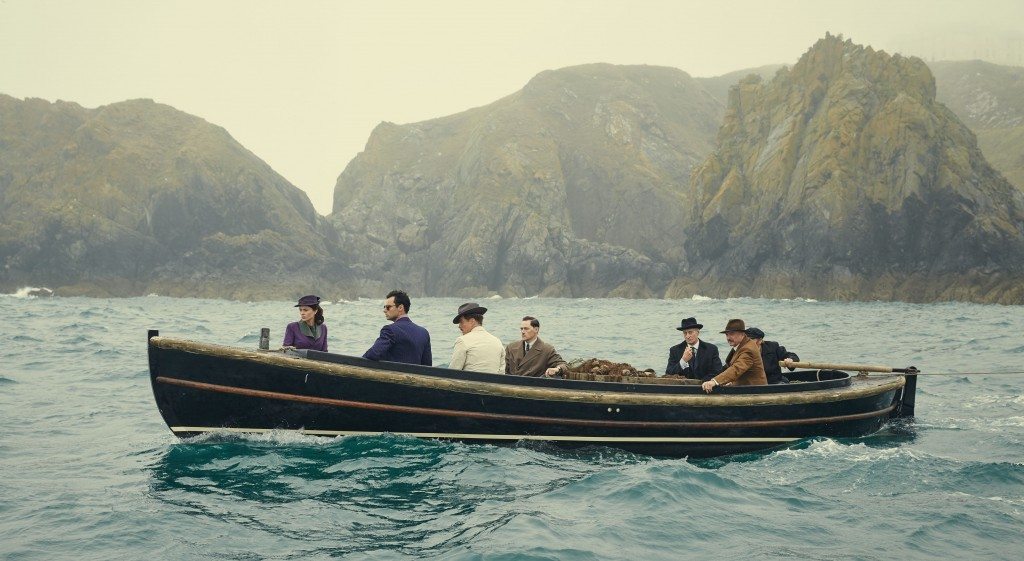
Vera Claythorne (MAEVE DERMODY), Philip Lombard (AIDEN TURNER), Dr Armstrong (TOBY STEPHENS), William Blore (BURN GORMAN), Judge Wargrave (CHARLES DANCE), General Macarthur (SAM NEILL), Fred Narracott (CHRISTOPHER HATHERALL) - (C) Mammoth Screen - Photographer: Robert Viglasky
BHT: Is that one of the reasons for the book’s huge success at the time? That impending sense of doom and tension?
SP: I couldn't agree with you more, it really feels like that, doesn't it? Ten people on an island, it feels like the end of the world. You feel like you're completely cut-off, and something terrible is heading towards you and nobody is going to come and save you. It felt very much to me like one of those books that is absolutely about its times, because it's not about its times. It doesn't tell you the reality of what it’s like to be alive in 1939, but it imparts this really nervy sense of acts of the terror, which I think is pretty much on the button, isn't it?
BHT: Even all this time, even now, people still speak about the fantastic twists and surprises of that particular book.
SP: Oh God yeah! But what's also really interesting is that even people who know it very well, sometimes there's a fascinating kind of bit of conjuring. Because even people who know it well, sometimes they almost doubt their knowledge of who it is. They could of read it over and over and over again, and you can be talking to them about it and they go, "Oh God, am I right about…? That is who it is at the end, isn't it?" And I'm like, “Well, yeah.” It's a really interesting hall of mirrors as a book. It’s terrifying.
https://youtu.be/HfFqHONPUa0
BHT: Were you tempted to shoot on Burgh Island, the real-life inspiration for Soldier Island?
SP: You know, we weren't, because Burgh Island doesn't get cut-off in the same way. You don't feel like you're at the end of the world, and we wanted to create something that was absolutely its own self. Burgh Island is so famous and it's beautiful. I haven't been there, but I looked it up on the net and I just thought, "Oh my God, this is stunning!” But it is very recognizable as a place…because the house and the island are characters in themselves, I wanted the house and the island to be absolutely their own places and their own sense of space rather than being recognizable as something else, if that makes sense.
BHT: I read somewhere there was a lot of blood on the set.
SP: Well, when I was writing it, all I kept thinking was what would I be doing? How would I feel if I was on an island and I thought somebody was going to kill me? So there is the sense of people's nerves do get very, very, very shredded. Also, it was important when I was writing it that the murders really matter and they really happen. So when it says that somebody has died in a particular way, it doesn't look pretty, let us put it like that.
BHT: What makes this the right time for this remake?
SP: I think what's interesting is that she is brilliant at plots. Her plots are great, and there's a really delicious pleasure in reading those incredible plots—and you must remember I'm not as familiar with the complete extraordinary degree of her output as proper fans and other readers may be—but the thing, for me, with this book there is an undertone, a dark undertone, of a real ferocious intelligence, that is always questioning moral choice. As well as being fantastic at entertaining, because the plots are so great, Poirot and Marple are incredible, enduring characters. But there is also a dark moral curiosity about humanity, and I think that's for me what makes Agatha Christie's work really endure.
And Then There Were None will premiere in the US in two parts on Lifetime on Sunday March 13 and Monday March 14 at 9pm ET/PT.
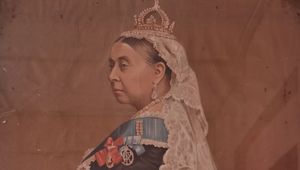
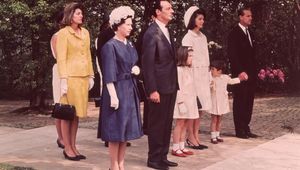
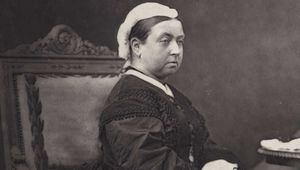
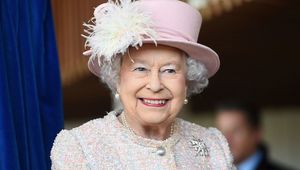
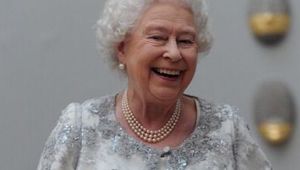

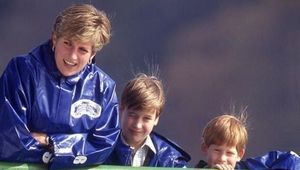
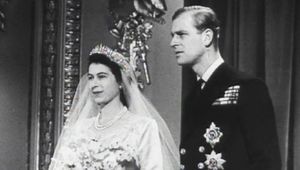
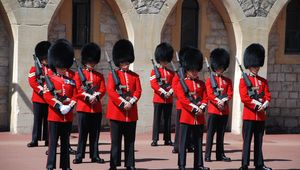
Comments